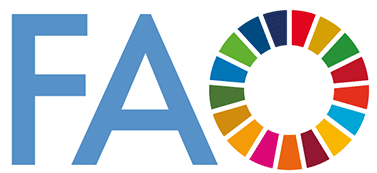Proposal for the development of self – sustainable integral farms in the Olmedo Commune, Santa Elena province, Ecuador
Abstract
Self-sustaining integral forms (GIA) are based on the diver-
sification of products from natural sources, creating a circu-
lar economy. The objective of this research is to propose an
action plan for its promotion in the Olmedo commune, Santa
Elena province, Ecuador, to enhance job opportunities and
the economic prosperity of farming families. The study uses
a non-experimental design based on current practices in
the commune, a purposeful descriptive approach, and
qualitative and quantitative methods for data collection and
interpretation, based on a survey and observation as study
techniques. Among the results obtained, it was identified
that the most prominent crop is rice, followed by fruit trees,
plantains, and corn, and, to a lesser extent, cassava, plan-
tains and legumes. Animals such as laying hens, broiler
chickens, pigs, and dairy cows are also raised. However,
it was observed that they implement inadequate practices
that are far from being self-sufficient and organic. The pro-
posed action plan emerges in this area as a self-sustaining
positioning strategy that, when fully implemented, will redu-
ce excessive costs in the supply of external inputs, protect
biodiversity, and create jobs in various necessary areas,
improving the quality of life of the population and meeting
their needs.
Keywords: Natural resources, Diversification, Organic matter, Sustainable development, Agricultural production, Community.
Downloads
Published
How to Cite
Issue
Section
License
Copyright (c) 2025 Agroecosystem Transformation Journal

This work is licensed under a Creative Commons Attribution-NonCommercial-NoDerivatives 4.0 International License.
La editorial "Universo Sur", de la Universidad de Cienfuegos, publica el contenido de la Revista Científica Agroecosistemas bajo una Licencia Creative Commons Atribución-NoComercial-SinDerivar 4.0 Internacional.
© Podrá reproducirse, de forma parcial o total, el contenido de esta publicación, siempre que se haga de forma literal y se mencione la fuente.







